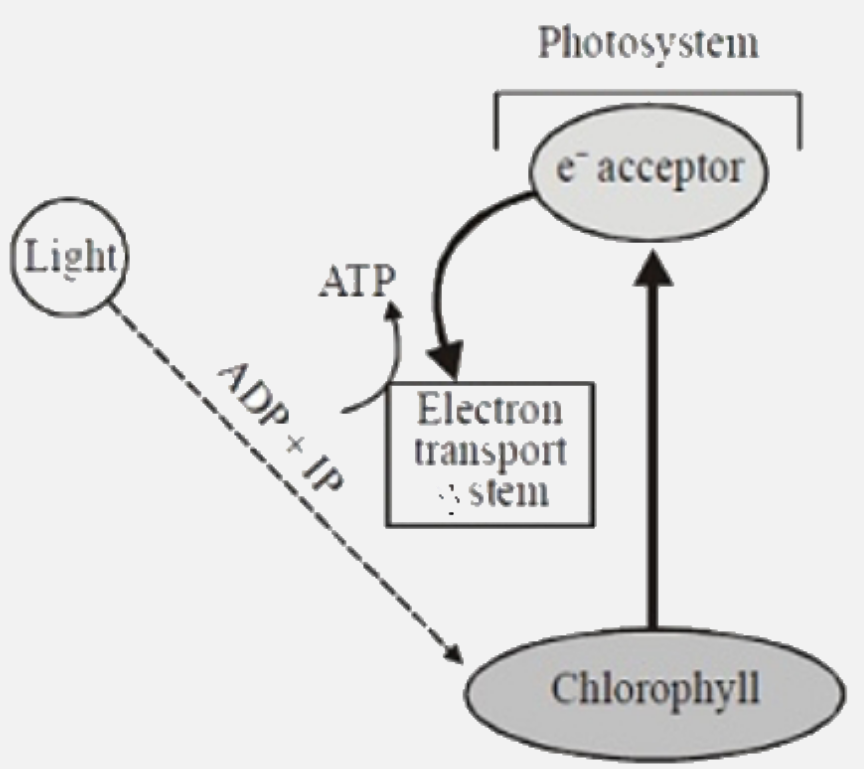Which one of the following is not applicable to the phenomenon of adsorption?
The correct Answer is:A
To solve the question "Which one of the following is not applicable to the phenomenon of adsorption?", we need to analyze the properties associated with adsorption.
1. Understand the Process of Adsorption:
- Adsorption is the process where molecules (adsorbate) adhere to the surface of a solid or liquid (adsorbent).
2. Identify the Nature of the Process:
- The adsorption process is generally exothermic. This means that it releases heat when it occurs.
3. Change in Enthalpy (ΔH):
- Since adsorption is an exothermic process, the change in enthalpy (ΔH) is negative. Therefore, ΔH < 0.
4. Change in Entropy (ΔS):
- During adsorption, the adsorbate molecules become more ordered as they adhere to the surface. This leads to a decrease in entropy. Thus, ΔS < 0.
5. Change in Gibbs Free Energy (ΔG):
- For a process to be spontaneous, the change in Gibbs free energy (ΔG) must be negative. Since adsorption is a spontaneous process, ΔG < 0.
6. Evaluate the Options:
- Now, we need to evaluate the options given in the question:
- Option 1: Change in enthalpy is greater than 0 (ΔH > 0) - This is incorrect because ΔH is negative.
- Option 2: Change in Gibbs free energy is greater than 0 (ΔG > 0) - This is also incorrect because ΔG is negative.
- Option 3: Change in entropy is less than 0 (ΔS < 0) - This is correct as the entropy decreases during adsorption.
- Option 4: Change in enthalpy is negative (ΔH < 0) - This is correct as adsorption is exothermic.
7. Conclusion:
- The options that are not applicable to the phenomenon of adsorption are Option 1 (ΔH > 0) and Option 2 (ΔG > 0). Since the question asks for one, we can choose either, but typically, the first incorrect option is preferred.
Final Answer:
The option that is not applicable to the phenomenon of adsorption is Change in enthalpy is greater than 0 (ΔH > 0).
- Adsorption is the process where molecules (adsorbate) adhere to the surface of a solid or liquid (adsorbent).
- The adsorption process is generally exothermic. This means that it releases heat when it occurs.
- Since adsorption is an exothermic process, the change in enthalpy (ΔH) is negative. Therefore, ΔH < 0.
- During adsorption, the adsorbate molecules become more ordered as they adhere to the surface. This leads to a decrease in entropy. Thus, ΔS < 0.
- For a process to be spontaneous, the change in Gibbs free energy (ΔG) must be negative. Since adsorption is a spontaneous process, ΔG < 0.
- Now, we need to evaluate the options given in the question:
- Option 1: Change in enthalpy is greater than 0 (ΔH > 0) - This is incorrect because ΔH is negative.
- Option 2: Change in Gibbs free energy is greater than 0 (ΔG > 0) - This is also incorrect because ΔG is negative.
- Option 3: Change in entropy is less than 0 (ΔS < 0) - This is correct as the entropy decreases during adsorption.
- Option 4: Change in enthalpy is negative (ΔH < 0) - This is correct as adsorption is exothermic.
- The options that are not applicable to the phenomenon of adsorption are Option 1 (ΔH > 0) and Option 2 (ΔG > 0). Since the question asks for one, we can choose either, but typically, the first incorrect option is preferred.
The option that is not applicable to the phenomenon of adsorption is Change in enthalpy is greater than 0 (ΔH > 0).
Topper's Solved these Questions
- SURFACE CHEMISTRYBOOK - NCERT FINGERTPS ENGLISHCHAPTER - SURFACE CHEMISTRYEXERCISE - ASSERTION & REASON
15 Videos
- SURFACE CHEMISTRYBOOK - NCERT FINGERTPS ENGLISHCHAPTER - SURFACE CHEMISTRYEXERCISE - Adsorption
26 Videos
- SURFACE CHEMISTRYBOOK - NCERT FINGERTPS ENGLISHCHAPTER - SURFACE CHEMISTRYEXERCISE - HOTS
7 Videos
- SOLUTIONS BOOK - NCERT FINGERTPS ENGLISHCHAPTER - SOLUTIONS EXERCISE - Assertion And Reason
15 Videos
- THE D- AND F- BLOCK ELEMENTS BOOK - NCERT FINGERTPS ENGLISHCHAPTER - THE D- AND F- BLOCK ELEMENTS EXERCISE - Assertion And Reason
15 Videos
Similar Questions
which one of the following is not applicable to RNA
View SolutionWhich of the following is not applicable to Drosophila
View Solutionwhich one of the following is not applicable to chemisorption ?
View Solutionwhich one of the following is not applicable to chemisorption ?
View SolutionWhich one of the following does not exhibit the phenomenon of mutarotation ?
View SolutionWhich of the following is not application of RNA :
View Solution
Which of the following is applicable to the given figure ?
View SolutionWhich if the following is not applicable for Bt - cotton ?
View SolutionWhich of the following is not an application of PCR ?
View Solutionwhich of the following is not the application of PCR ?
View Solution
